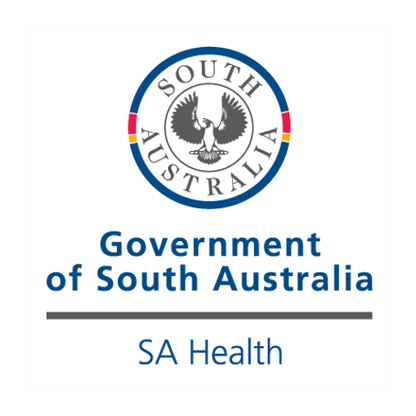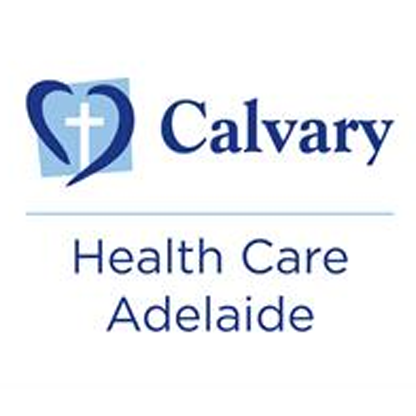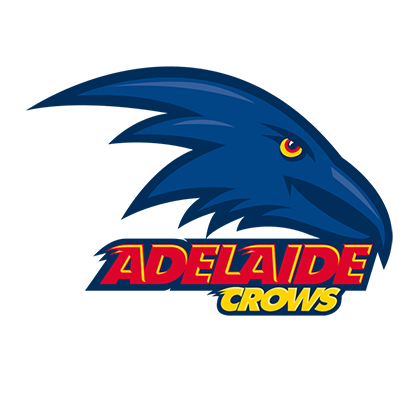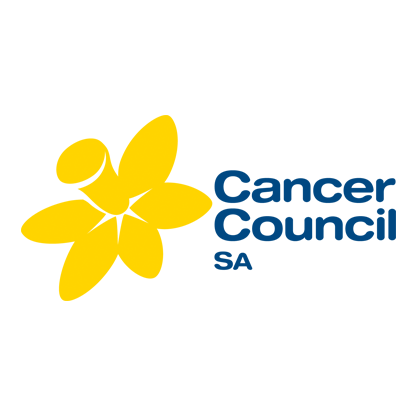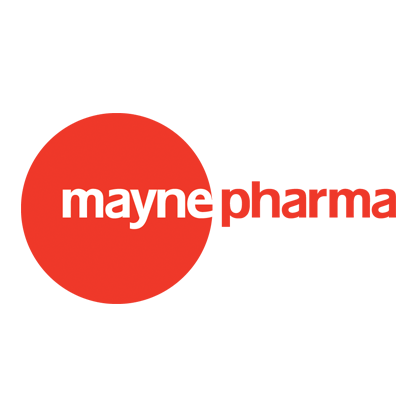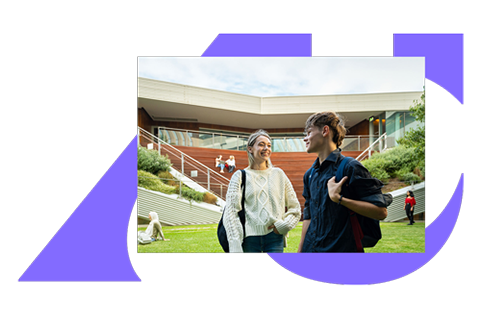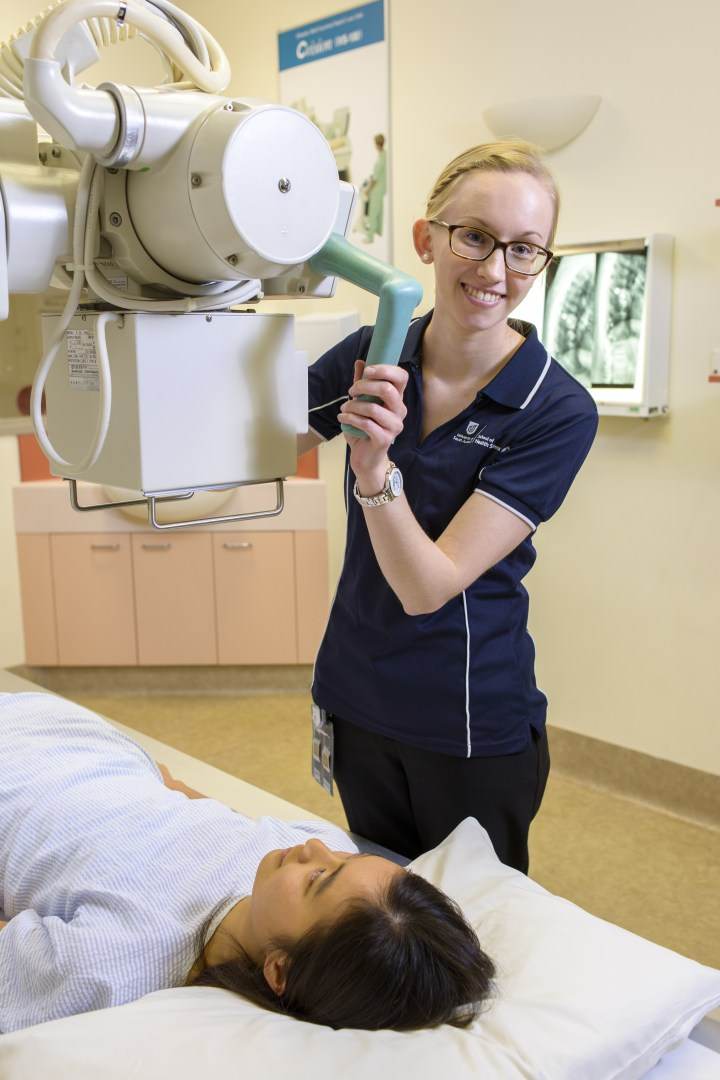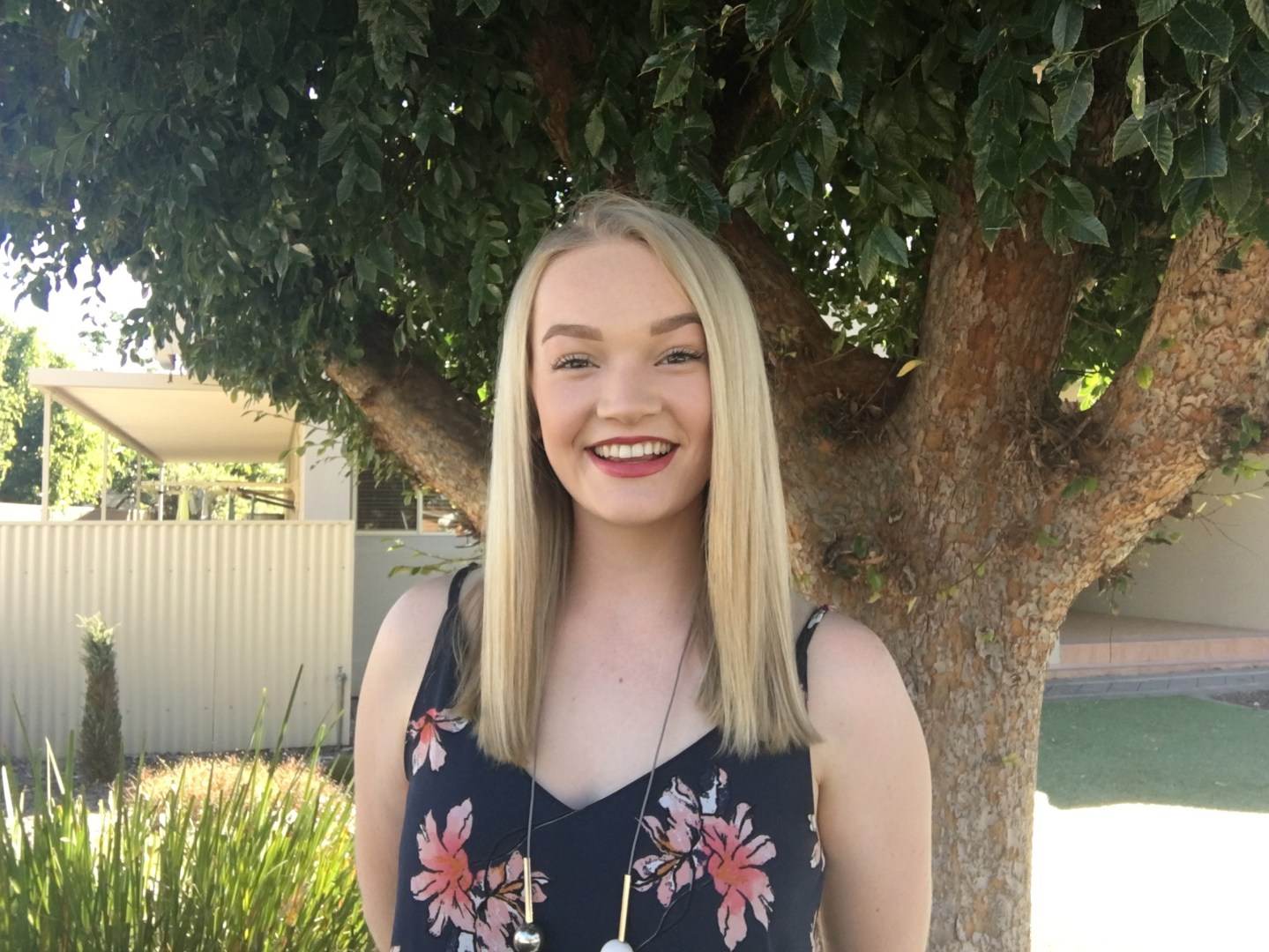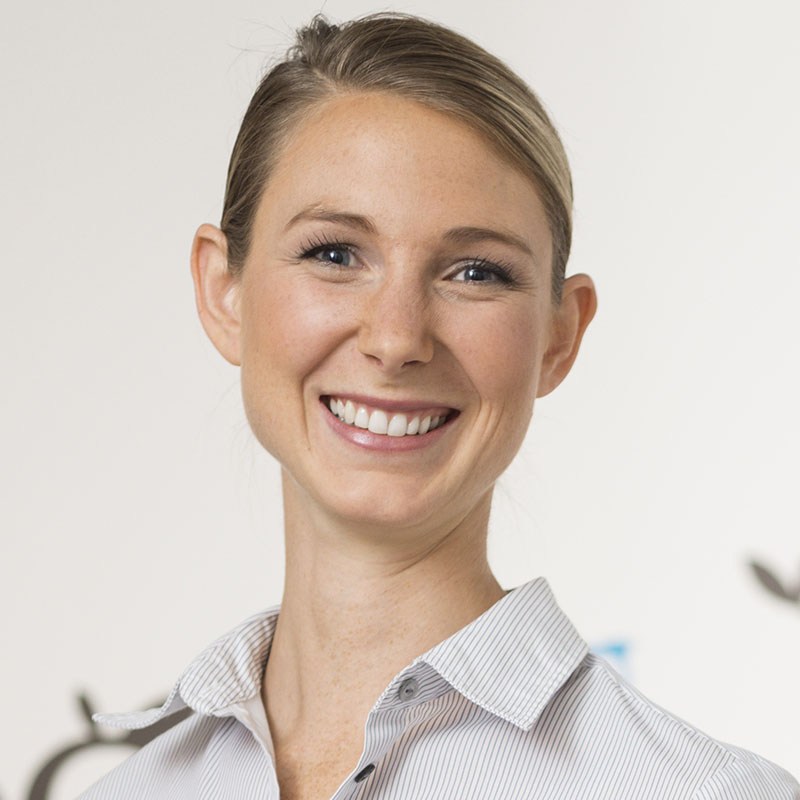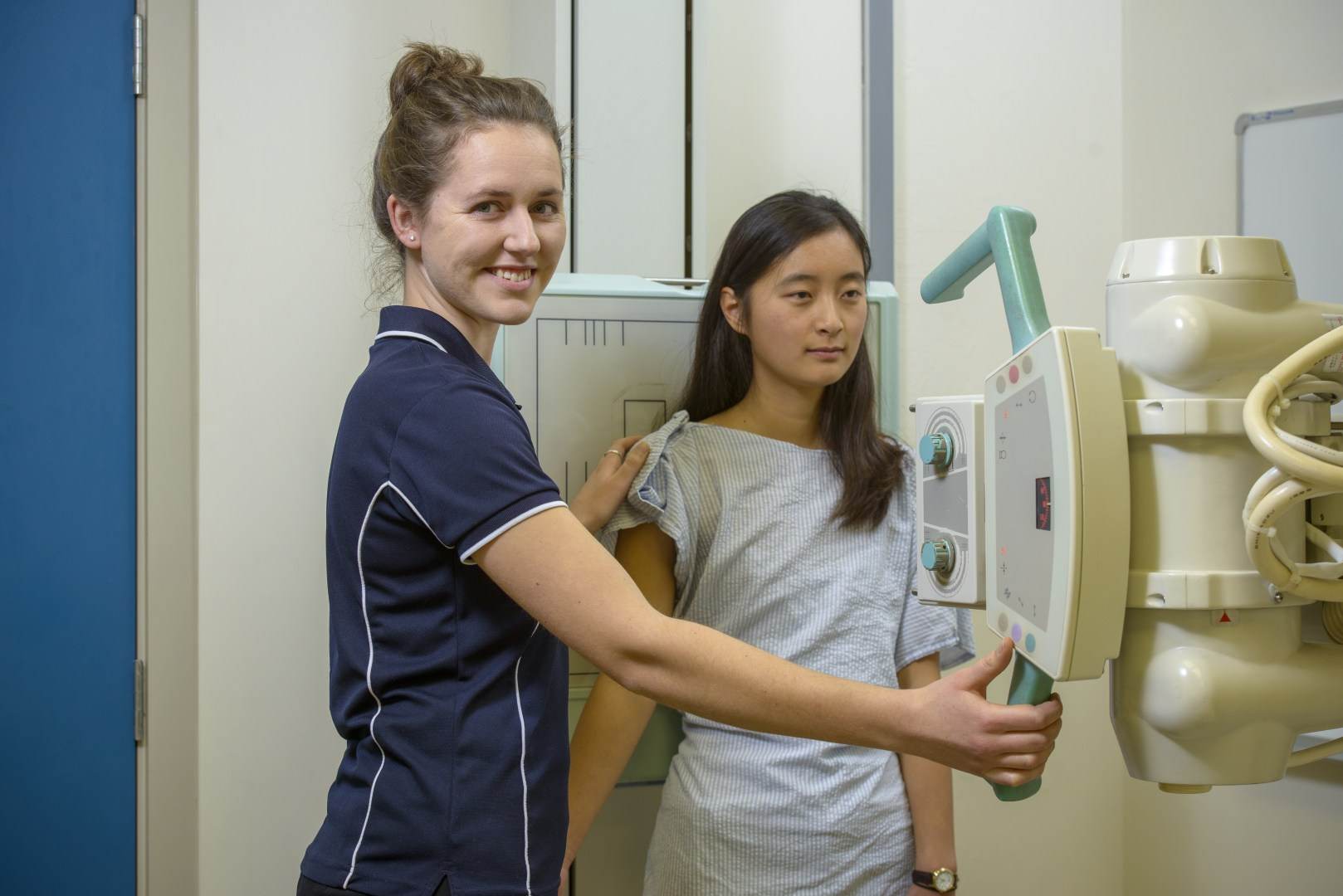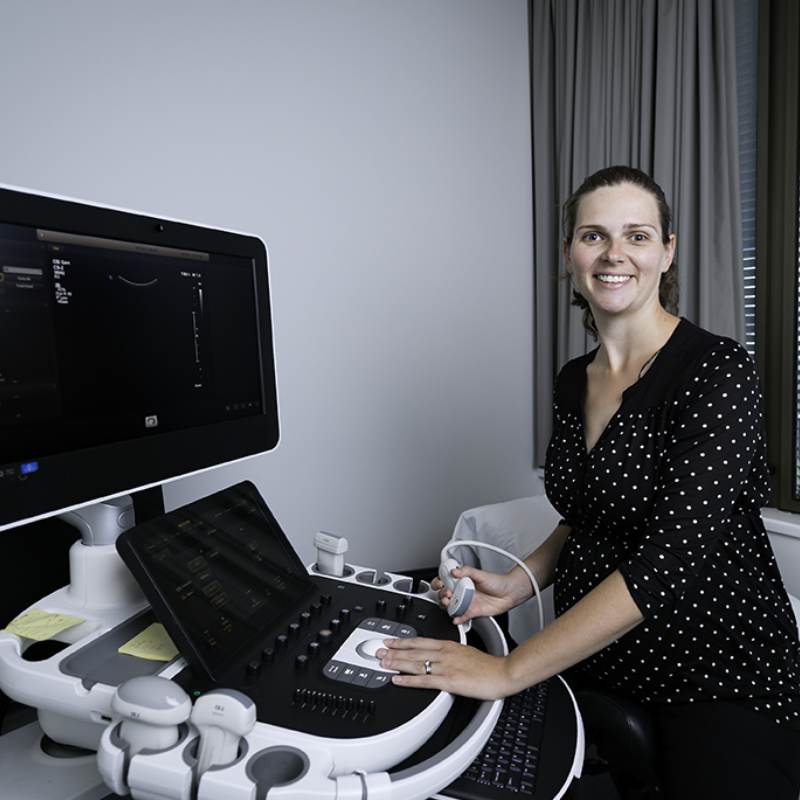You're viewing degree information for Australian students
You're considered an Australian student if you are any of the following:
- Australian or New Zealand Citizen
- Australian Permanent Resident (including Humanitarian Visa holders)
Discipline info for Australian students
Interested in Medical Radiation Science?
Become an accredited medical radiation practitioner with South Australia’s No.1 university for graduate careers.1
With expert knowledge in science, technology and medicine, medical radiation professionals perform complex diagnostic imaging on patients to diagnose, treat and improve health outcomes.
UniSA offers South Australia’s only degrees in medical radiation, with three fully accredited specialisations in the fields of medical imaging, nuclear medicine and radiation therapy. In each specialisation, you will develop the skills to safely and effectively deliver life-changing outcomes for patients and their families.
Graduate career ready by participating with over 1,400 hours of practical industry experience throughout your studies. Engage with practical learning on-campus in our 3D virtual treatment room and state-of-the-art x-ray suite. Your in-depth theoretical learning is taught by our award-winning teachers at a university with above world-class research in medical radiation science.2
Advance your career with further postgraduate study in specialty areas, including our Graduate Certificate in Breast Imaging – the only accredited certificate of its kind in Australia and New Zealand - or our fully accredited suite of sonography qualifications. You may also contribute to the field of research with a Master or PhD qualification.
1ComparED (QILT) Graduate Outcomes Survey 2021-23– Full-time Employment Indicator (Domestic Undergraduate). SA public universities. 2Results in Clinical Sciences – 2018 Excellence in Research for Australia (ERA).
Key features
- Study South Australia’s only accredited medical radiation degrees from a university with more than 50 years of experience in allied health education and research.
- Develop the skills to become an accredited medical radiation professional, and safely and effectively work in the field of medical radiation.
- Graduate career ready by participating in over 1,400 hours of real-world clinical placements while you study.
- Practice your analysis skills with specialised equipment and computer systems in our purpose-built, on-campus virtual radiation therapy, x-ray and nuclear medicine computer simulation suites.
- High achieving students may be considered for honours in the third year of their bachelor’s degree and explore a specialised project.
- Learn from experienced academics with clinical experience, and from a curriculum informed by our above world-class research in medical radiation science.1
- Join South Australia’s no.1 university for graduate careers.2
- Pursue further postgraduate study options to specialise your scope of practice or advance your research capacity.
- UniSA is an unstoppable university for unstoppable people. As one of the World’s Top Young Universities,3 we’ll ensure you get the experience your future profession demands so it’ll feel like you’re studying one minute and in a career the next.
1Results in Clinical Sciences - 2018 Excellence in Research for Australia (ERA). 2ComparED (QILT) Graduate Outcomes Survey 2021-23– Full-time Employment Indicator (Domestic Undergraduate). SA public universities. 3Ranked #43, 2024 THE Young University Rankings.
UniSA is an unstoppable university for unstoppable people. As one of the World’s Top Young Universities,1 we’ll ensure you get the experience your future profession demands so it’ll feel like you’re studying one minute and in a career the next.
Our enterprising spirit has made UniSA a renowned centre of innovation in the sectors driving Australia's future forward, including health. This is your chance to position yourself at the forefront of the highly in-demand medical imaging profession.
Our medical radiation science degrees offer extensive professional practice experience, with over 1,400 hours of practical industry experience included in your studies. In combination with our hands-on practical experience and strong theoretical knowledge, you’ll graduate career ready and confident to step into clinical settings from your very first day.
UniSA’s above world-class research in medical radiation science2 translates into our teaching, where you’ll learn from outstanding researchers, industry professionals and experienced clinicians. Clinical specialists will also come on-campus to teach you about current technologies and practices throughout your studies.
You’ll use the latest technologies and learn in modern teaching spaces, including our on-campus x-ray suite, and the Virtual Environment Radiation Therapy Training suite (VERT) which will let you practice your skills and build your confidence in a safe environment.
1Ranked #43, 2024 THE Young University Rankings. 2Results in Clinical Sciences - 2018 Excellence in Research for Australia (ERA).
Short programs
Are you after a career change or looking to upgrade your existing skills? Or perhaps you just have an interest in a particular subject area and want to further your experience, skills and knowledge. We offer a suite of short programs that will allow you to build your knowledge and skill set.
Designed in collaboration with expert academics, program content is industry-relevant and up-to-date. Short programs include:
World-class partners for a world-class university
We are a globally connected university with over 2,500 industry and professional relationships that support student internships, research and community engagement.
Medical radiation professionals are in high demand across South Australia and interstate,1 with strong application into international industry. You may work in a variety of settings, including hospitals and private clinics, or can continue into research.
Upon graduating you’ll be eligible for registration with APHRA. Depending on your stream, you could be employed as a:
- Diagnostic radiographer: produce high quality medical images, using various technologies and types of radiation to monitor and help diagnose injuries and illnesses.
- Nuclear medicine technologist: prepare and administer radioactive substances to evaluate the function of an organ or body system to diagnose and treat disease.
- Radiation therapist: work alongside Radiation Oncologists and Medical Physicists to plan and deliver radiation treatment, primarily to cancer patients.
All streams of study can lead to roles such as:
- Interventional radiologist: use a medical imaging technique to visualise blood vessels.
- Magnetic resonance imaging (MRI) technologist: operate MRI scanners to create 3D images of a patient’s body tissues, which are used to diagnose illness and disease.
- Radiographer / radiology technologist: operate CT equipment to produce cross-sectional images of a patient’s bones, organs and tissues.
Through further postgraduate study, you may upskill into specialist areas including:
- Sonography: produce detailed pictures of the body in real time to diagnose and monitor a range of health conditions.
1Australian Government National Skills Commission Employment Projections 2021.
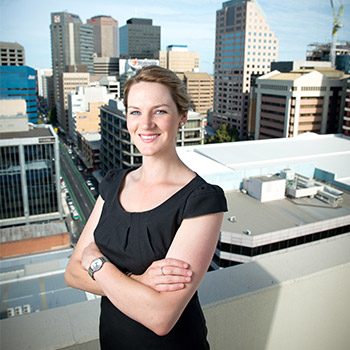
Global networks
As a globally connected university, our staff and students come from over 90 countries. We have more than 2,500 industry and professional relationships that support student internships, research and community engagement.
Our students have completed placements and internships with organisations like:
- Australian Radiology Clinics
- Benson Radiology
- Dr Jones and Partners
- Flinders Medical Centre
- Healthscan Specialist Imaging
- Radiology SA
- Women’s and Children’s Health Network
Industry facts
Study at the new Adelaide University in 2026
The University of Adelaide and the University of South Australia are combining their strengths to create a new university for the future, Adelaide University, opening in January 2026.
From 4 August 2025, the University of Adelaide and University of South Australia will no longer be accepting applications for new students.
Ask UniSA
-
How do I apply?
The way you apply for UniSA will depend on the undergraduate or postgraduate coursework degree you're interested in studying.
The majority of applications are made via the South Australian Tertiary Admissions Centre (SATAC). Check out more information on the SATAC website and follow the appropriate process for your degree of interest.
There are a small number of degrees that you need to apply for through direct application processes. The process you need to follow will be listed on the 'How to Apply' section of the degree homepage, but you'll also be taken to where you need to go if you hit the 'apply' button.
If you are interested in studying one of our 100% online degrees you'll need to apply directly to UniSA Online.
You can find more information about the application processes for UniSA on our How to Apply webpage.
If you're more interested in applying for a postgraduate degree by research, check out and follow the information in our step by step guide to applying. -
Is there a closing date for applications?
Applications for all degrees will close ahead of study commencing, but the timelines may vary for undergraduate and postgraduate degrees.
Undergraduate
The deadline to apply to study a degree at UniSA for semester one (commencing late February) and be guaranteed equal consideration is generally in very late November or early December. While you may be able to apply after this date, you are not guaranteed to be considered equally with other applicants and your application may not be assessed in time for the main round of offers. More competitive degrees may not make any offers after the main offer round. Find more information on the Key Dates section of the SATAC website, but you can also call the Future Student Enquiries team for more information on 08 8302 376.
Postgraduate
Many postgraduate by coursework degrees do not have set closing dates. The exceptions are highly competitive degrees, so it is best to check – either on the degree homepage on the SATAC website or by checking with our Future Student Enquiries team.
As most postgraduate applications are assessed as they are submitted and offers are continuous, there are no set closing dates for applications. Degrees can be filled and closed with little notice so it is best to apply as soon as possible to avoid missing out on a place. For more information, please contact our Future Student Enquires team on (08) 8302 2376 or submit an enquiry.
-
What credit can I receive for previous studies?
You may be eligible for credit or advanced standing for your chosen UniSA degree based on your previous studies, if they are in a related area and completed within a certain timeframe. Receiving credit or RPL will reduce the number of courses you undertake within the degree, and may also reduce the overall duration of your degree. You can read more about our pre-existing credit agreements through our online Credit Assessor. If you have related industry experience, you may also be eligible to receive recognised prior learning (RPL) for this experience. Credit and RPL is assessed by the Program Director once you've received an offer, and you apply through UniSA's current student experts, Campus Central.
-
Can I speak to someone regarding my study options?
Future Student Enquiries welcomes the opportunity to meet with you to discuss your study options at UniSA. We can discuss degree information, entry requirements and pathways, applications, general career outcomes and student life, so you have the information to make the best study decision for your future. Head to our Book an Appointment webpage to find a date and time to speak with us, and take your next steps on journey to university study.
What others are saying
Why study at UniSA?
As one of the most innovative universities in Australia and Asia, there are many reasons to study with us. Here are just three:
Accessible, helpful and flexible
We have six campuses, a 24/7 online learning environment, and we offer flexible study options like online and evening courses.
Graduate success
UniSA is South Australia's number one university for graduate careers.*
*ComparED (QILT) Graduate Outcomes Survey 2019-21 – Full-time Employment Indicator (Undergraduate). SA public universities.
A five star university
Five stars for research, employability, teaching, facilities, internationalisation, inclusiveness and innovation*
*2023 QS Stars Ratings





